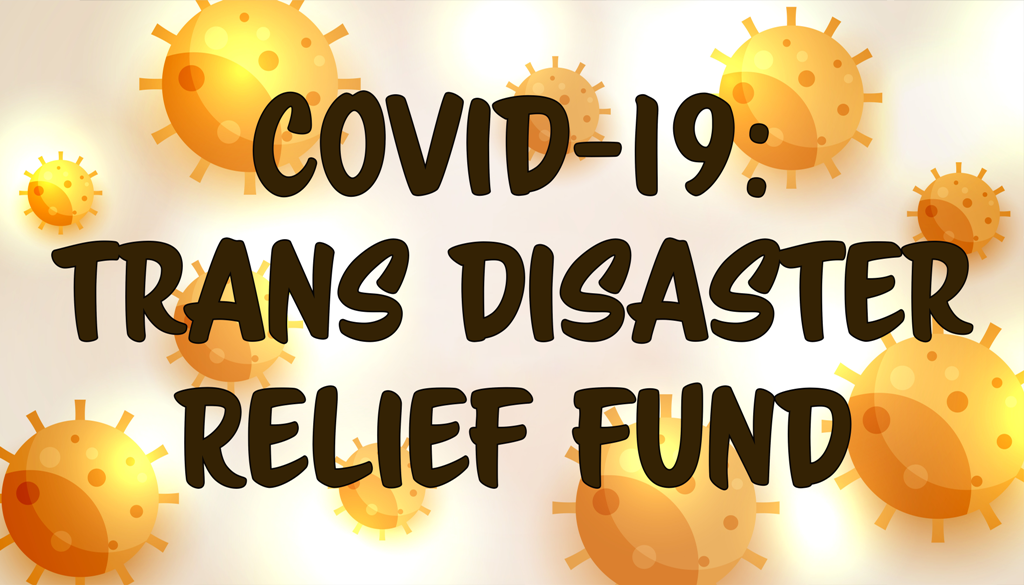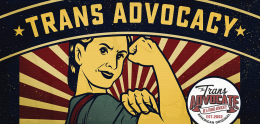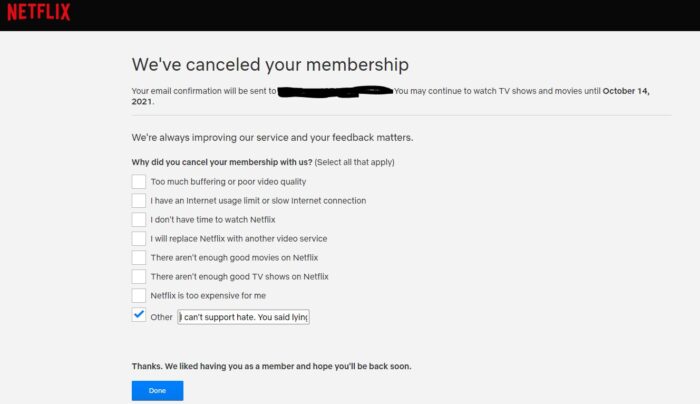The TransAdvocate Q & A is where we answer your questions. If you’d like to submit a question, go to our contact page and send it in.
Today’s question is:
I’m pre-transition and my gender dysphoria makes my life miserable. I’m not in a position to transition yet, so how do I deal with my dysphoria?
Answering today’s question is Cristan Williams and she writes:
Basically, I’ve handled gender dysphoria in the same way I’ve handled PTSD after a sexual assault. From what I’ve seen, working with gender dysphoria like one might work with PTSD can help. Judging myself didn’t help. Being compassionate with myself helped. Part of what that looked like was honoring what my limits were, having boundaries, and engaging in self-care.
For me, I was never able to command myself to feel differently – especially with something as visceral as PTSD or gender dysphoria. I found that a great deal of my suffering was caused by my unskillful strategy of trying to force myself to somehow feel different.
Letting go of trying to control something like PTSD or gender dysphoria through force of will and instead honoring the fact that my emotional ‘scars’ were very real and that they can and do hurt from time to time was a lot like putting down a bag of bricks that I’d been carrying around. Gender dysphoria is part of the trans experience. There’s no way around that. For me, self-care looked like being judicious with the people who I chose to invest my time and attention in. I needed to know that they would understand that I really did suffer terribly with gender dysphoria and that it meant that I had to make accommodations for that reality.
For me, working with either PTSD or gender dysphoria looked like learning to be aware of what was going on emotionally inside my body. For me, I took up a practice of meditation because I found that trying to force PTSD or gender dysphoria to be something other than what it was made everything worse. I’ve noticed some do well with meditation while others connect to their body states in a more kinetic way such as running or painting. The point is that as I learned the contours of my pain, the less it seemed to be an enemy. As the relationship with my pain became less adversarial, the more I was able to tolerate, understand, and skillfully engage with it and listen to the truths my heart was trying to tell me.
So much of the media landscape focuses on transition as if it was all about pills and surgeries. Pills and surgeries are the easy part of transition. The hard part is doing the emotional work. A skillful mental health professional, a support network, listening to my needs, learning boundaries, and self-care is what helped me get through my transition.
Do you write about issues affecting the trans community?
Submit articles for publication on the TransAdvocate here.




I voted in the poll but I don’t think that transphobic really means much anymore. Transgender people throw it around like it’s nothing, calling everyone transphobic. You stop taking them seriously after a while. And another thing, it’s a bit offensive that if you hit a transwomen, it’s a hate crime but you hit a woman, it’s not.
Iowa HF 2164 died in committee this year. My own rep was a co-sponsor, send an obliquely threatening email to me after I wrote to him. It’s in my twitter.